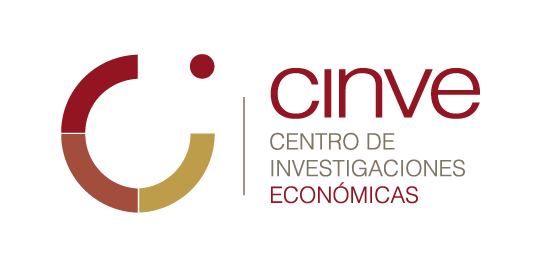Autores: Juan Pablo Jiménez, Fernando Lorenzo, Álvaro Ons y Gustavo Viñales
This report was prepared at the request of the Independent Commission for the Reform of International Corporate Taxation (ICRICT).
INTRODUCTION
The objective of this study is to present a consistent set of recommendations aimed at developing countries, particularly low- and middle-income nations, regarding the necessary revision and reformulation of tax incentives for investments in light of the implementation of the Global Minimum Tax. To this end, the study reviews the available empirical evidence on the use of tax instruments—particularly those based on the Corporate Income Tax (CIT)—as tools for promoting and attracting investments in developing countries. This review also considers the potential of investment incentives to boost productive activities that contribute to development goals, typically including job creation, productivity improvements (e.g., through enhanced capacities via linkages and technology transfers), and the expansion of R&D and innovation activities, among others. The assessment is carried out within the framework of the GloBE initiative, examining its impact on the incentives commonly used by developing countries.
Evaluating this set of fiscal instruments, an inevitable step given the impact of the GloBE initiative on such incentives, is of great importance for developing countries, considering that low- and middle-income nations rely more heavily, in relative terms, on tax revenues from corporate income taxes (measures as percentage of tax revenue), as observed by Redonda et al (2024).
…
Final Report – ICRICT – (July 2025)_compressed
